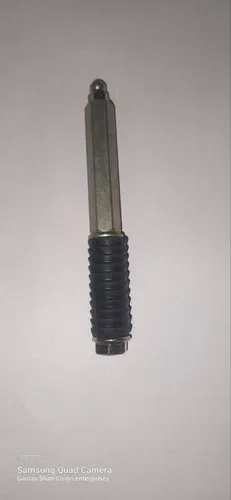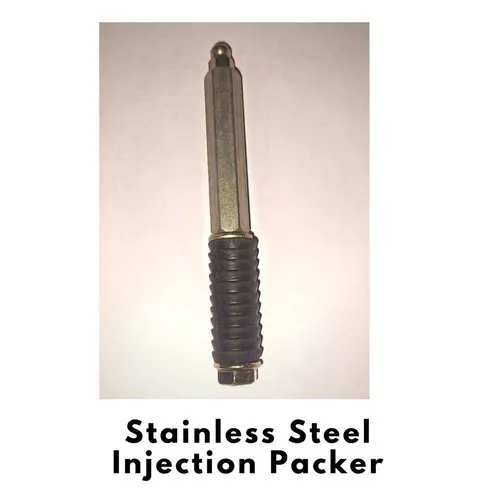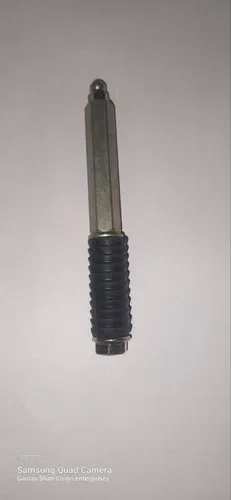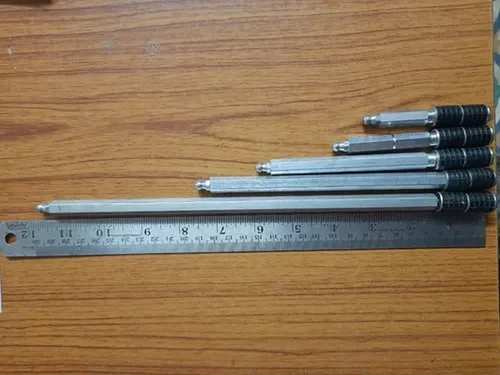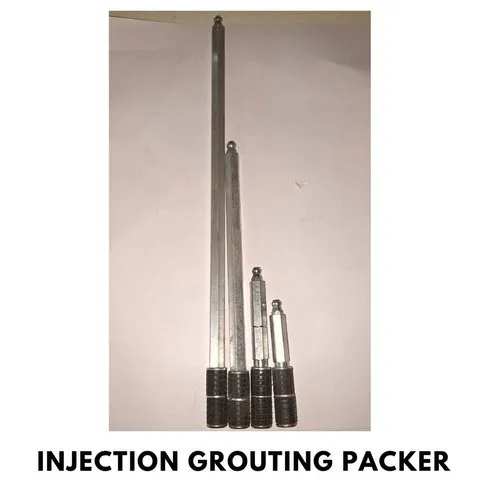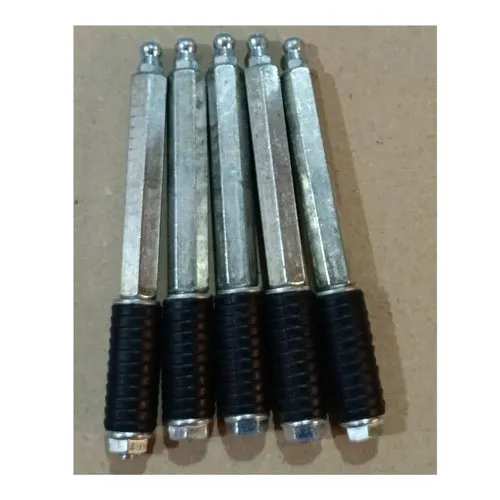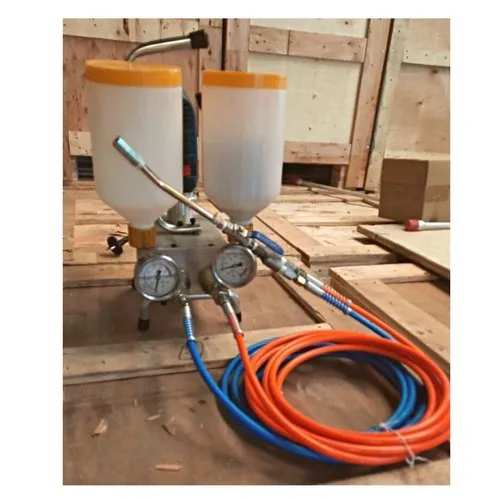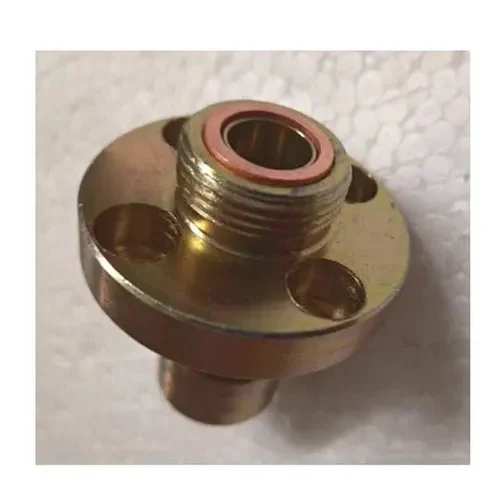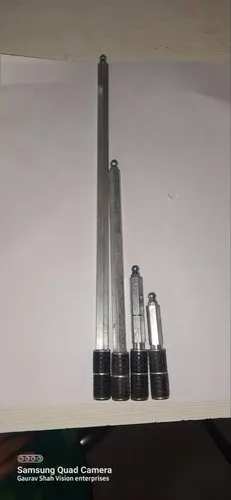Capacity: 1-2 ton Size: standard Brand: VE Color: brass Material: brass Customisation: Not Customised Injection grouting standard packers are tools used to introduce grout under pressure into cracks, voids, and other openings in various materials like concrete, rock, soil, and masonry. They play a crucial role in construction, rehabilitation, and structural strengthening applications. Here's a breakdown of their key aspects: Function: Create a tight seal within a drilled hole Allow controlled injection of grout Prevent grout leakage back into the injection equipment Types: Mechanical packers: Tightened manually or with a wrench, suitable for low to medium pressures. Hydraulic packers: Use hydraulic pressure for expansion and sealing, ideal for high-pressure grouting. Chemical injection packers: Designed for injecting chemical grouts that expand and fill voids. Standard Features: Material: Typically made of steel with galvanic surface finishing for corrosion resistance. Sizes: Available in various diameters and lengths to fit specific hole sizes. Capacity: Often rated for pressure up to 1-2 tons. Ports: Single or multiple ports for grout injection in different directions. Applications: Foundation stabilization Crack repair in concrete structures Soil and rock strengthening Water infiltration control Tunnel and culvert sealing

